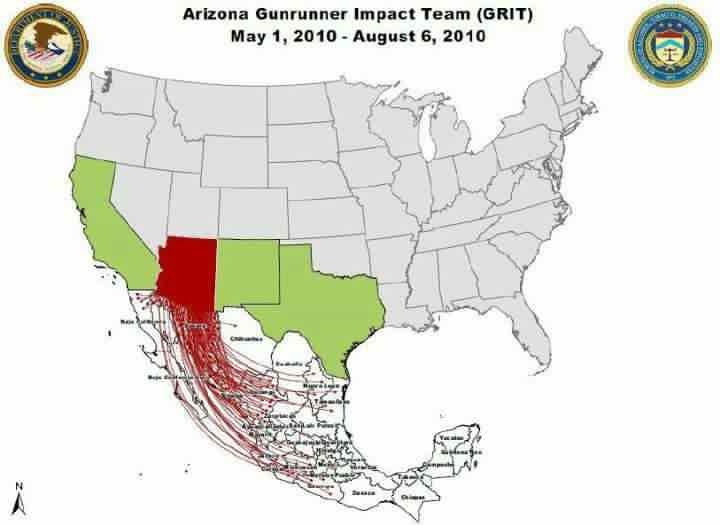From the Associated Press:
The withdrawal of Somalia’s al-Qaida-linked rebels from their bases in Mogadishu and severe food shortages in southern Somalia may be linked to the same problem familiar to politicians the world over: tax collections.
The abandonment of Mogadishu by al-Shabab puts Somalia’s U.N.-backed government in its strongest position in years in a country where anarchy has reigned for two decades.
Somali drought victims who lived in territory controlled by al-Shabab say there was little incentive to plant surplus crops because the militants demanded so much of the harvest as a form of tax payment. Families had nothing to fall back on after drought withered this year’s crops, so they were forced to flee to the government-controlled capital.
Meyrahow Hashi, a mother of seven who fled her farm in the Lower Shabelle region, said al-Shabab demanded half of a farm’s output.
“Al-Shabab enforced the condition that you give 50 percent or your farm will be taken over,” she said. “Tax men were always coming and threatening us. Then droughts turned the farm fields into ghost lands.”
Somalis who once supported–out of fear or conviction–al-Shabab say high taxes, harsh punishments that often involved amputations and denial of food aid to famine victims have drained much support for the insurgency.
“How can you farm if the profits will be theirs?” asked Ali Gocoso, a former farmer also living in a hunger refugee camp. “Our labor was only profiting al-Shabab. We got nothing, except a few sacks they left to us.”
Read the whole thing here. This is a timely lesson on the impact of marginal tax rates.When the taxman is taking ever greater shares of each additional dollar, there is little incentive to earn that additional dollar.

COMMENTS
Please let us know if you're having issues with commenting.